On-Scene Coordinator Training (OSC) | Basic
The course content of the OSC Basic course corresponds with the recommended requirements of the IMO Model Course 3.15 and the IAMSAR Manual Vol. III.
It aims to teach participants how to perform the function of an On-Scene Coordinator in a Search and Rescue (SAR) situation.
On-Scene Coordinator Training (Basic Course)
This course will also train participants to support their OSC, so that they will be able to perform admirably. This may be the support the OSC needs either from other participating units/ facilities, or from within their own team on the bridge.
This course will create a common working ground in order to enable fluent and efficient undertakings with authorities (MRCCs) or other agencies such as the Central Command for Maritime Emergencies (Havariekommando).
The theoretical and practical training contents of this course will alternate, to create a productive and sustainable learning experience.
Recommended Entry Standards
Basics of OOW according to STCW Code or comparable
Knowledge of GMDSS (SRC/LRC or GOC)
Basic knowledge of ECDIS/Radar/ARPA
Aim & Audience of the OSC Basic Course
STCW '95 Requirements
STCW ’95 requires that officers in charge of a navigational watch possesses certain competencies with respect the search and rescue (SAR) operations. It is the aim of this course to provide knowledge and skills to all persons who may be designated to perform the duties and responsibilities of a search and rescue on-scene Coordinator (OSC), as defined in IAMSAR Vol. III.
Comprehensive Understanding of all Functions in SAR Missions
Upon completing the OSC course, participants will have a comprehensive understanding of all relevant functions involved in a SAR mission. They will be able to comprehend and effectively carry out instructions from the MRCC during SAR operations, provide assistance on board any vessel, and perform the responsibilities of an OSC as outlined in the IAMSAR Vol. III.
Requirements of all IMO Conventions included
The content of the course, and therefore its standard, reflects the requirements of all the relevant IMO international conventions and the provisions of other instruments as indicated in the model course.
Audience
This course is designed for masters, navigational or deck officers, of sea-going vessels either merchant or military. Additionally, it is aimed at maritime professionals such as Pilots, Navy, Coast Guards, water police, federal police, customs, VTS personnel and rescue coordination centers (fire/ambulance services).
Course Details
DURATION
OSC Basic Course will have a duration of 4 days
LOCATION
Our OSC training center in Germany, Bremen
LANGUAGE
OSC Basic Course is available in English and German
TRAINING MODEL
All participants will receive handouts coinciding with the
course, as well as useful tips for the usage of SAR Apps
Course Content | Training Modules

Module 01 -
Overview and basis of a SAR service
Definition of Terms in compliance with the IMO SAR Convention, fundamental International and National Legal Basis, Introduction of the IAMSAR Manuals.
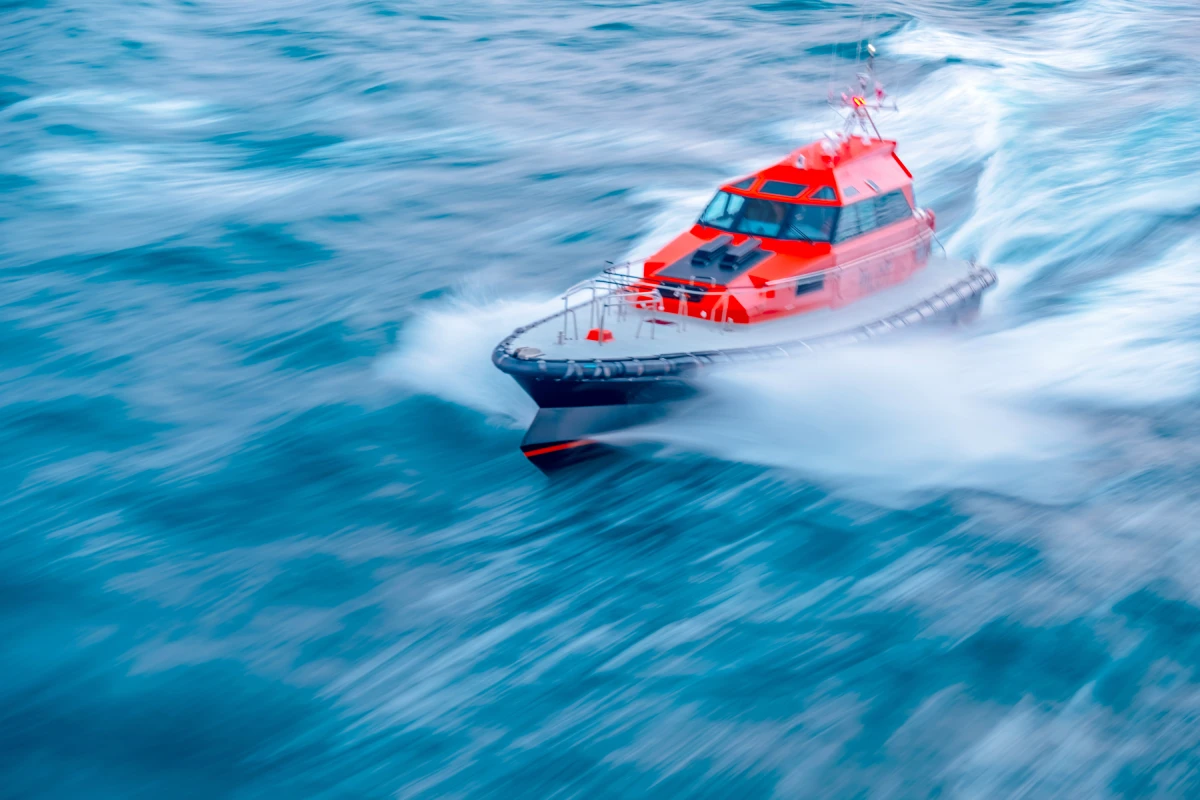
Module 02 -
Rendering assistance
The different ways to distress alert according to GMDSS, evaluation of incoming alerts in a SAR service by a SAR Service according to IAMSAR Vol II.
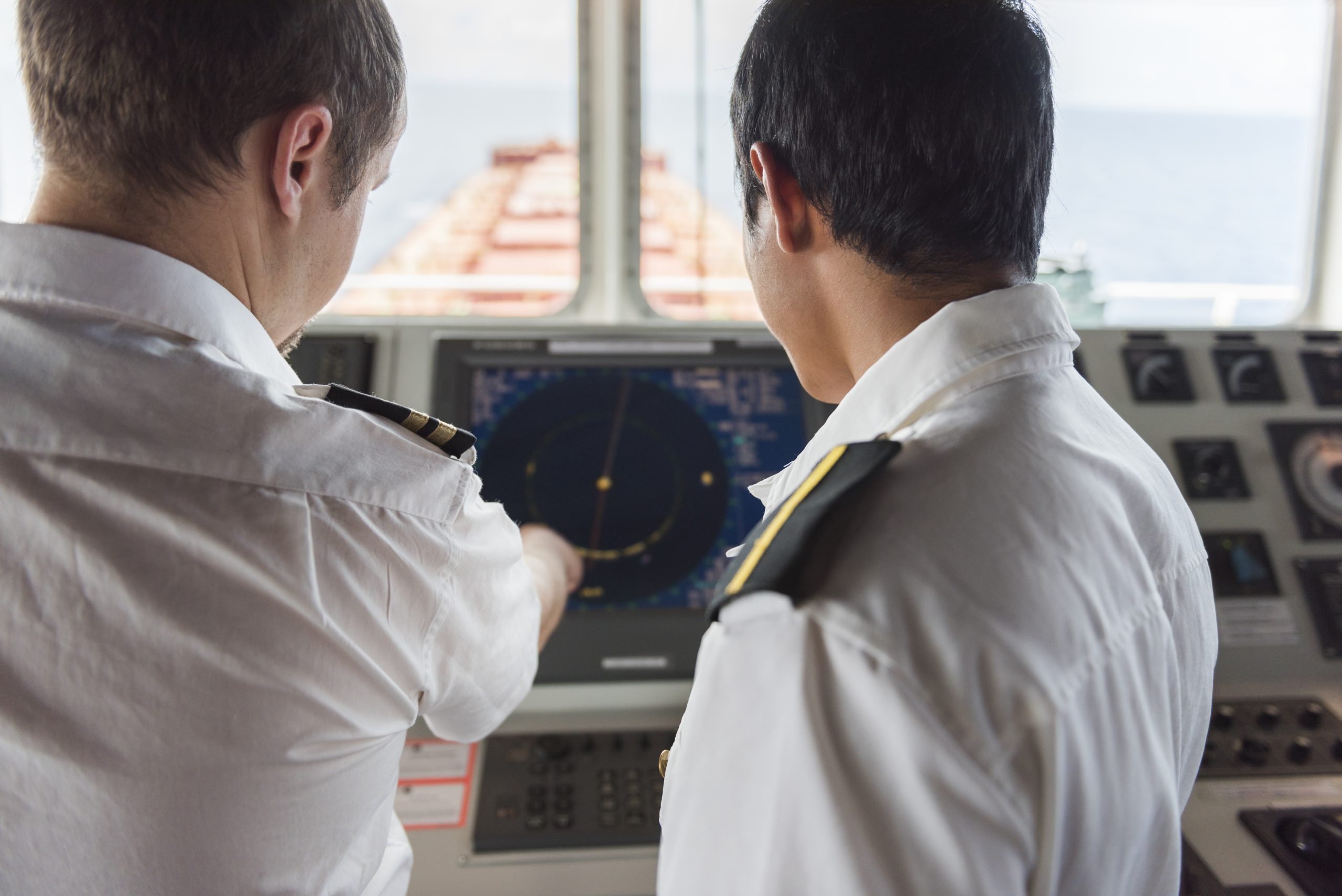
Module 03 -
Responsibilities and tasks
Familiarization of masters to assist others in distress at sea, the responsibilities and tasks of an On-Scene Coordinator, Air Asset Coordinator, MRCC and Units/Facilities.
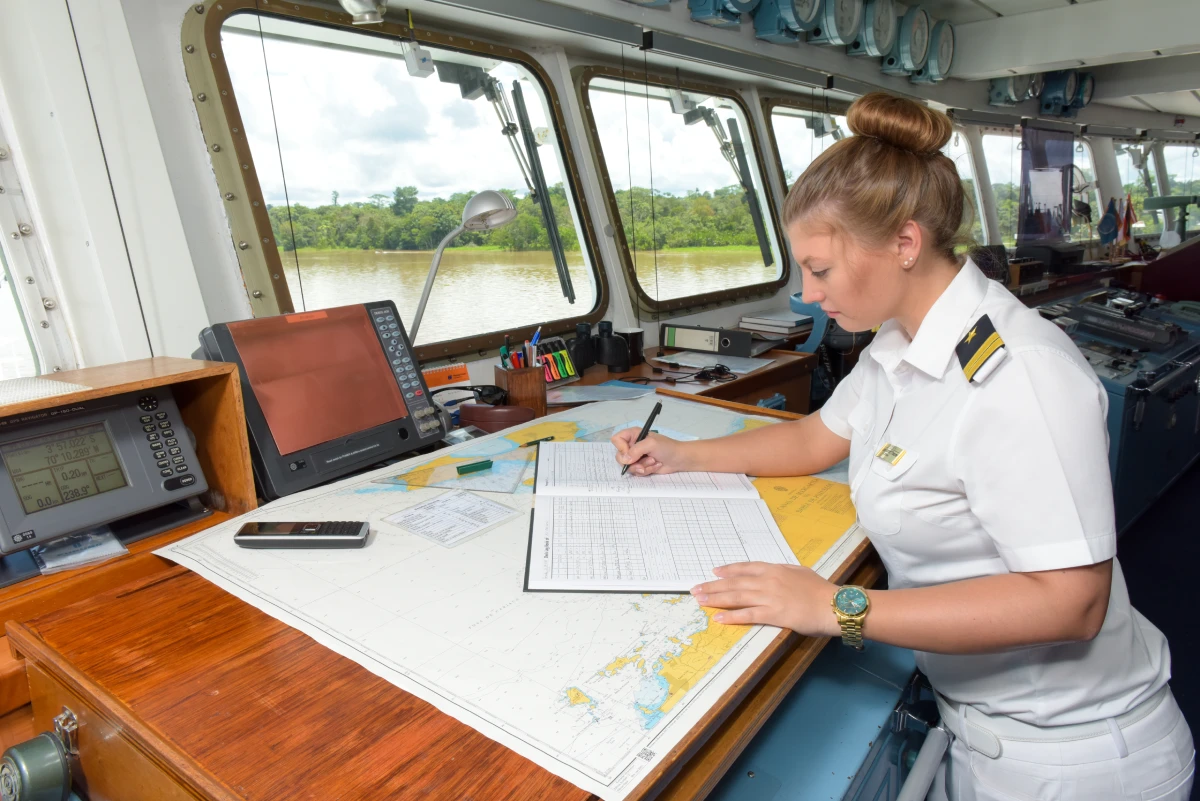
Module 04 -
Immediate action
Actions taken immediately after receiving an alert by: a master of an assisting vessel, an SMC according to IAMSAR Vol II, as well as coastal radio stations.
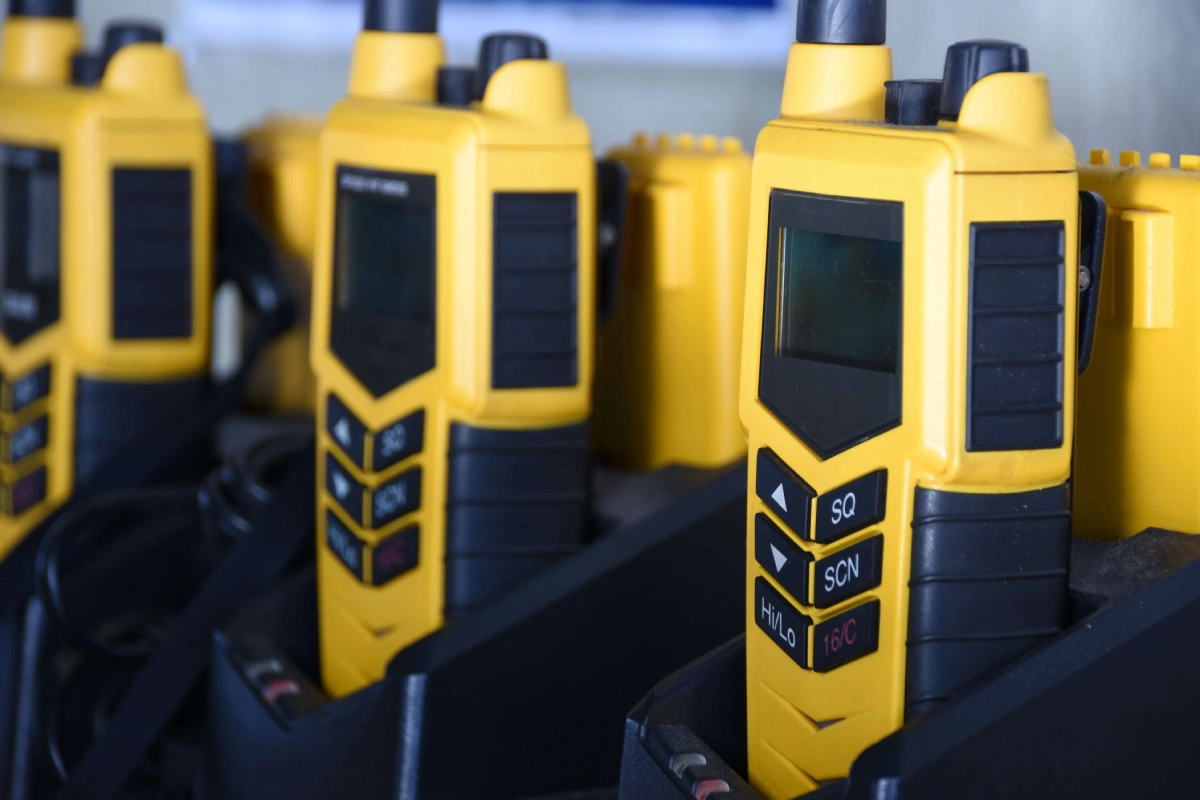
Module 05 -
Communication
Communication plans for SAR missions and development of a basic on-scene communication plan. Personnel and technical requirements on board of an OSC platform for effective on-scene communication.

Module 06 -
Drift factors, Search areas and patterns
Discusses the factors which are necessary to draw up a search area and significant causes affecting these factors. Familiarization of different search patterns and their uses, adjusting search areas and patterns according to actual local conditions.
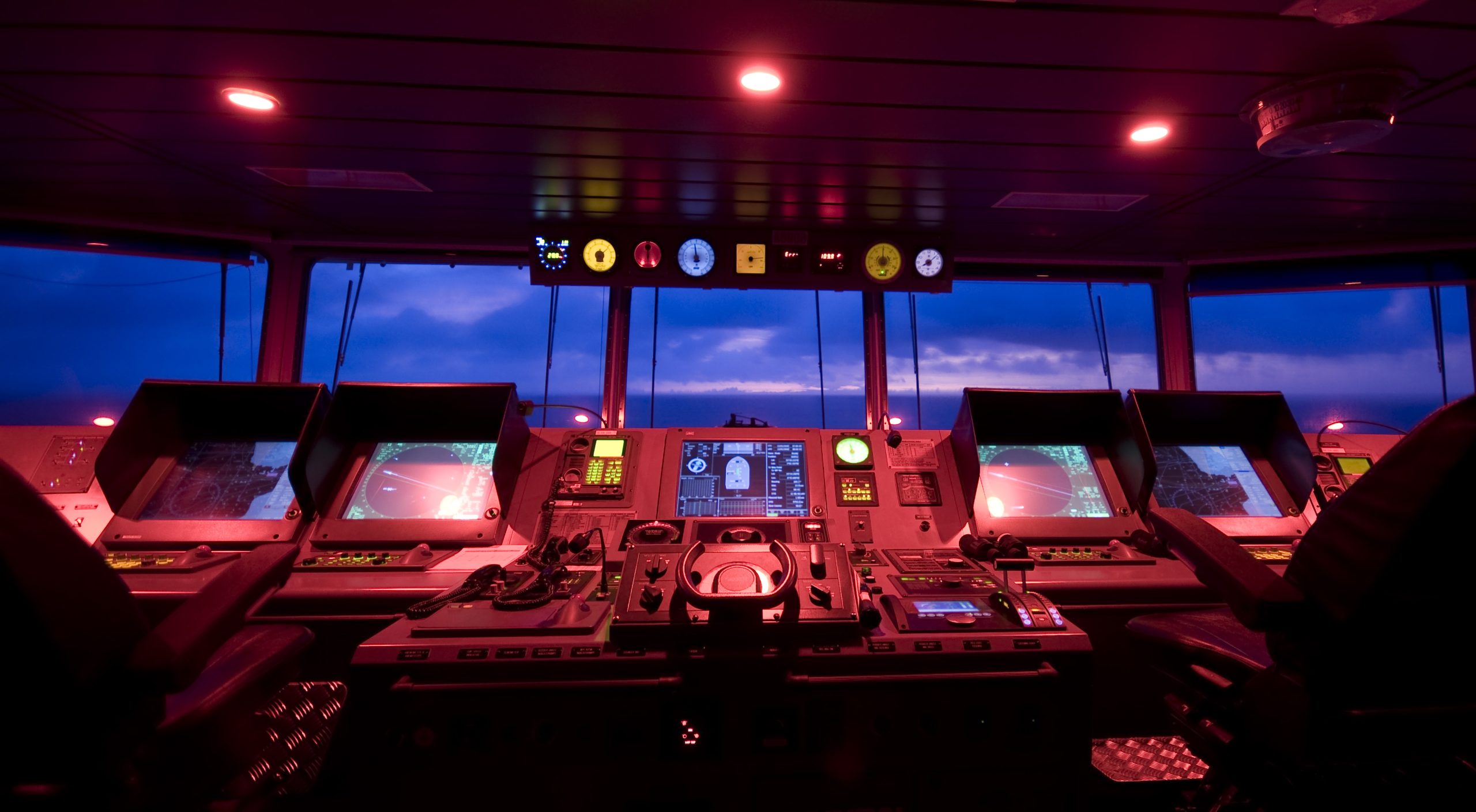
Module 07 -
Training and consolidation of above listed modules
Participants will be able to apply the previous modules as an OSC within a fictitious but realistic SAR scenario and competently adapt search and rescue action plans according to given local conditions.
Juliana, Your OSC Instructor
Juliana Schmidt-Theurer is a highly experienced and qualified professional in the maritime industry.
With a diploma in Engineering with a qualification for Maritime Transport (Nautical Studies) from Hochschule Bremen, she has extensive knowledge and hands-on experience in the field.
Juliana has worked on various ships, including Hapag Lloyd cruises, and has explored unique regions such as the North-East Passage, North-West Passage, South Pacific and the Amazon.
From 2017 until 2022 Juliana Schmidt-Theurer worked in the Maritime Rescue Coordination Center (MRCC Bremen/DGzRS). Whilst working as a trainer (according to AEVO) at the Simulator Center of the Sea Rescue Academy of the DGzRS, she concentrated on the development and implementation of courses such as OSC Basic, Advanced & Refresher.
In 2022, Juliana embarked on a completely new chapter. She founded visiomare, her own venture, channeling her passion and expertise into the maritime world as a full time self-employed professional.
Basics of OOW according to STCW Code or comparable
Knowledge of GMDSS (SRC/LRC or GOC)
Basic knowledge of ECDIS/Radar/ARPA
This course is designed for masters, navigational or deck officers, of sea-going vessels either merchant or military. Additionally, it is aimed at maritime professionals such as Pilots, Navy, Coast Guards, water police, federal police, customs, VTS personell and rescue coordination centers (fire/ambulance services).
The course will be offered in a classroom setting for the theory part. Exercises in order to cement the theory will take place in a ship simulator with various scenarios which will gradually increase in difficulty over the length of the course.
The course will be offered in Bremen, Germany.
You will be informed of the exact address during the booking process.
Courses will be offered in German or in English language. Please check availability for each language.
The OSC Basic course stretches over a total of 4 days. During which theoretical and practical exercises in a ship simulator will alternate.
On completion of the OSC Basic course the participants will receive a certificate of attendance.
The course is limited to a maximum of 9 participants per course. This allows for individualized attention and personalized training from the instructor, leading to a more effective learning experience and better understanding of search and rescue techniques. Thus ensures that the participants leave the course better prepared and confident in their abilities to respond in a search and rescue situation.
For an offer on cost contact us.
How to get into contact | Where we are
QUESTIONS?
Get Into Contact!
Please contact us any time, we will return in less than 24 hours to you.
